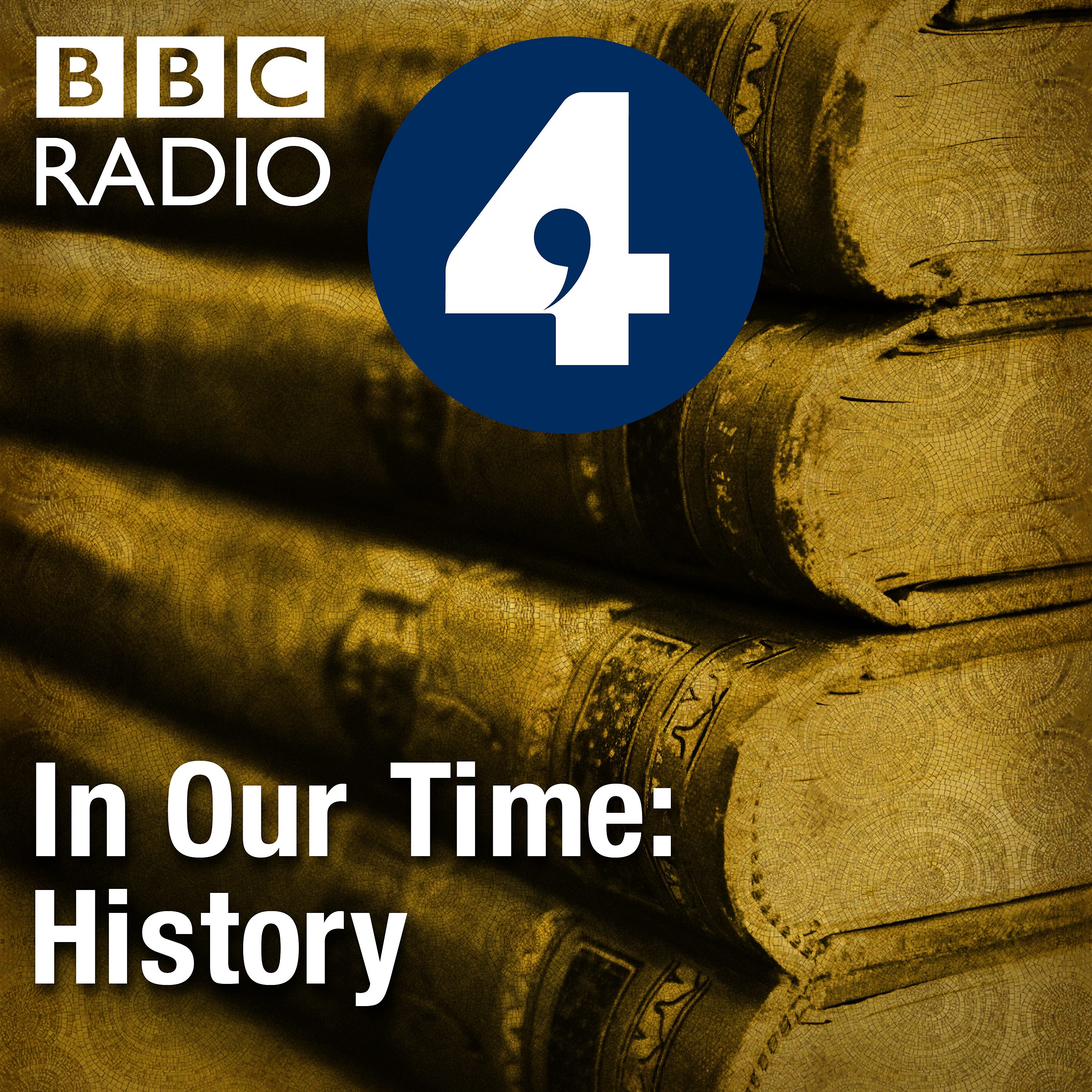The May Fourth Movement
Description
Melvyn Bragg and guests discuss the violent protests in China on 4th May 1919 over the nation's humiliation in the Versailles Treaty after World War One. China had supported the Allies, sending workers to dig trenches, and expected to regain the German colonies on its territory, but the Allies and China's leaders chose to give that land to Japan instead. To protestors, this was a travesty and reflected much that was wrong with China, with its corrupt leaders, division by warlords, weakness before Imperial Europe and outdated ideas and values. The movement around 4th May has since been seen as a watershed in China’s development in the 20th century, not least as some of those connected with the movement went on to found the Communist Party of China a few years later.
The image above is of students from Peking University marching with banners during the May Fourth demonstrations in 1919.
With
Rana Mitter
Professor of the History and Politics of Modern China and Fellow of St Cross College, University of Oxford
Elisabeth Forster
Lecturer in Chinese History at the University of Southampton
And
Song-Chuan Chen
Associate Professor in History at the University of Warwick
Producer: Simon Tillotson
More Episodes
Published 10/31/24
Melvyn Bragg and guests discuss the notorious attack of 4th of May 1886 at a workers rally in Chicago when somebody threw a bomb that killed a policeman, Mathias J. Degan. The chaotic shooting that followed left more people dead and sent shockwaves across America and Europe. This was in...
Published 10/31/24
Melvyn Bragg and guests discuss one of the major figures in Victorian British politics. Disraeli (1804 -1881) served both as Prime Minister twice and, for long periods, as leader of the opposition. Born a Jew, he was only permitted to enter Parliament as his father had him baptised into the...
Published 10/17/24


